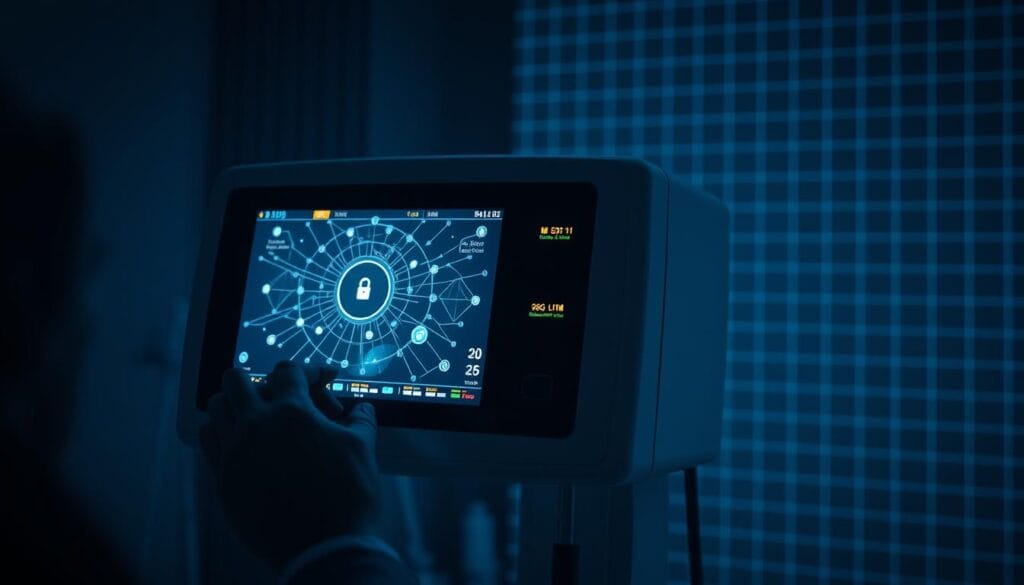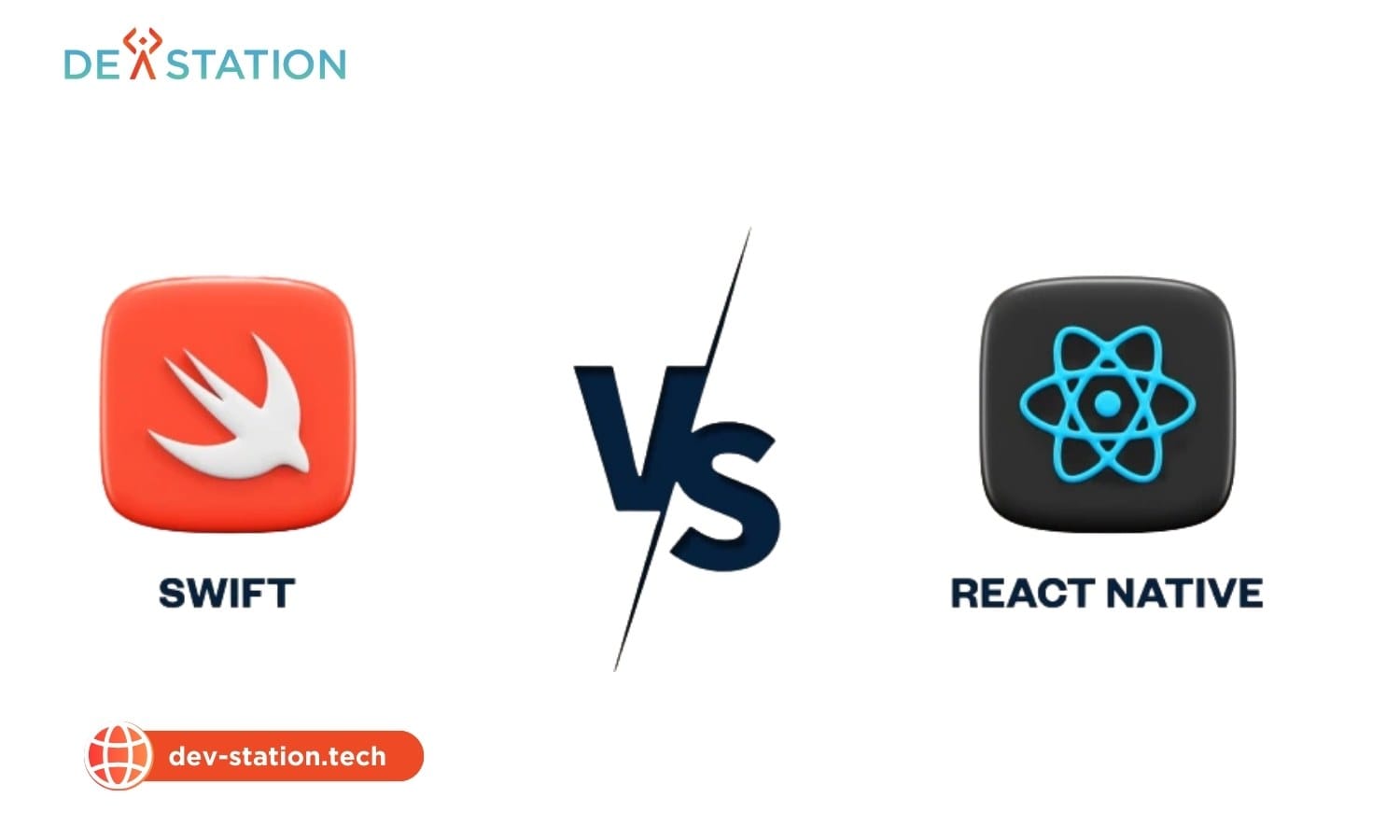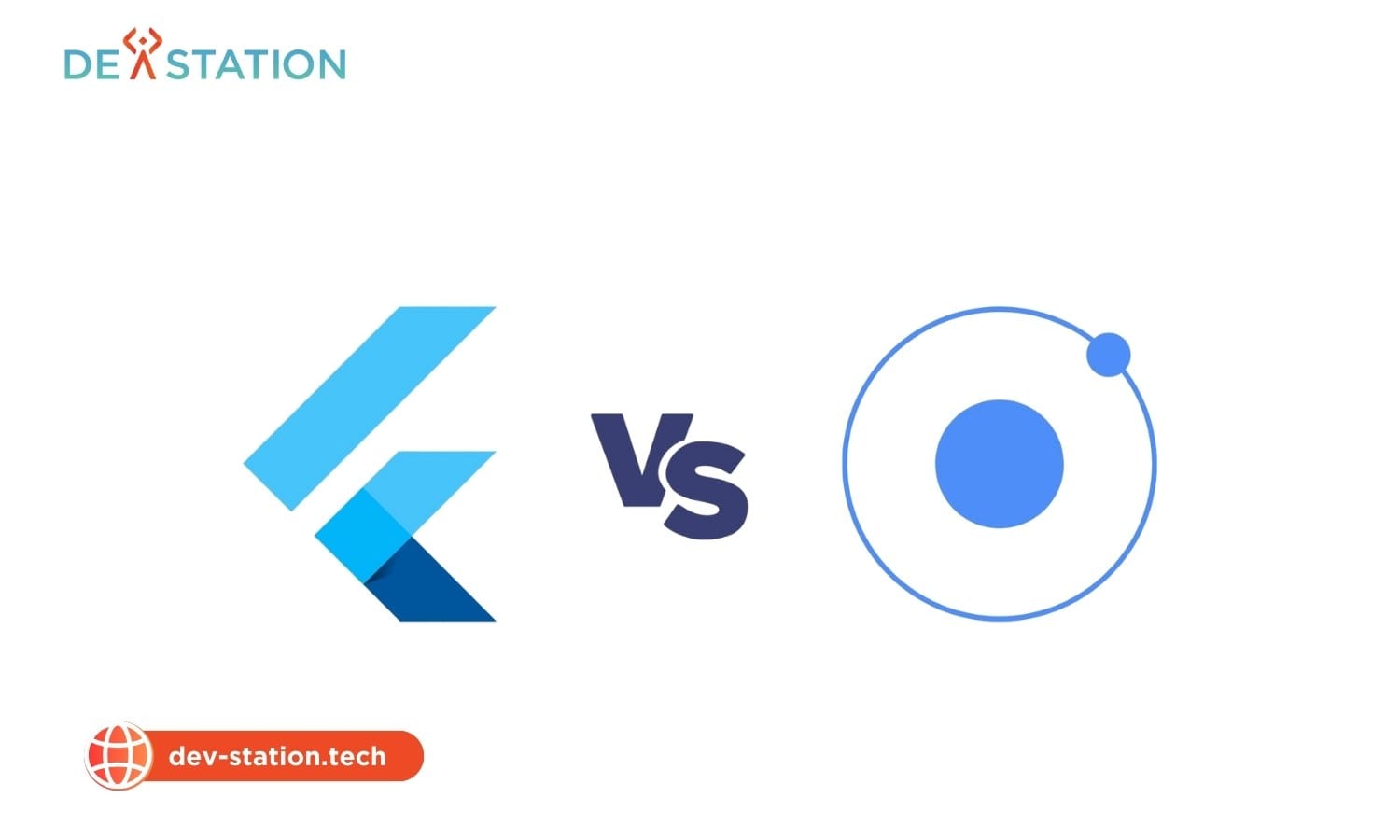The healthcare world is changing fast with connected medical devices. These devices are making patient care better and operations smoother. They help track patients in real-time and keep equipment running well.
The market for connected healthcare is growing fast. It’s expected to hit $188.2 billion by 2025, growing 20.5% each year. But, many healthcare places don’t have the tech skills to use these systems well.
That’s why some medical groups are teaming up with tech experts. They use IoT outsourcing for healthcare. This lets hospitals focus on caring for patients while tech pros handle the tech stuff.
Contents
ToggleKey Takeaways
- Connected medical devices are transforming healthcare delivery and operational efficiency
- The healthcare IoT market is projected to reach $188.2 billion by 2025
- Specialized technical expertise is required for successful implementation
- Outsourcing IoT solutions helps healthcare providers overcome technical barriers
- Technology partnerships allow medical staff to focus on core patient care
- Real-time monitoring and data analytics drive improved clinical outcomes
- Security and compliance remain critical considerations in healthcare technology
Why Outsource IoT for Healthcare?
Outsourcing IoT development in healthcare is a smart move. It’s due to the technical complexity, limited resources, and the need for specialized skills. Healthcare organizations face unique challenges when using IoT solutions. This makes outsourcing a more appealing option.
The technical side of healthcare IoT is very complex. It needs knowledge in medical device integration, real-time data processing, and secure connections. Healthcare IoT systems must also keep data safe and work well with existing electronic health records.
Healthcare organizations often struggle with resources. They have tight IT budgets and many priorities. Finding skilled IoT talent is hard, as tech companies offer better pay.
Partnering with medical technology companies helps healthcare providers. They get access to specialized skills without the cost of building an internal team. These partnerships combine healthcare knowledge with IoT expertise, a rare find.
The healthcare IoT market is expected to reach $188.2 billion by 2025, growing at 25.6% annually, yet 67% of healthcare organizations report significant challenges in finding qualified IoT talent internally.
Outsourcing also speeds up IoT development. Partners bring frameworks, methodologies, and components that speed up projects. This is crucial in healthcare, where delays can harm patient care and efficiency.
A regional hospital network partnered with an IoT specialist for a remote patient monitoring system. They went from 18 months to 5 months, focusing on patient care while advancing digitally.
A large medical device maker teamed up with an IoT firm for a connected ecosystem. This partnership sped up certification by 40%, thanks to the expertise in healthcare and IoT security.
The healthcare IoT outsourcing benefits go beyond tech. Partners offer ongoing support, innovation, and scalability. As healthcare IoT systems get more complex, outsourcing becomes more valuable.
Key Benefits of IoT Outsourcing for Healthcare
Healthcare providers gain a lot by working with IoT outsourcing experts. These partnerships bring many benefits to patient care. They improve care quality and save money.
Enhanced Patient Outcomes
IoT patient monitoring systems change how we care for patients. They track health continuously, even outside hospitals. This lets doctors catch problems early.
Patients with long-term conditions like diabetes and heart disease benefit a lot. Studies show they can be readmitted to the hospital up to 50% less. This improves their lives and saves money.
IoT devices help create care plans that fit each patient’s needs. This makes treatment more effective and helps patients stick to their plans.
Significant Cost Efficiencies
Healthcare needs to save money while improving care. IoT outsourcing helps a lot. It brings:
- Reduced readmissions – Catching problems early saves money
- Optimized resource allocation – Using equipment better saves money
- Streamlined workflows – Less paperwork means more time for patients
- Preventive maintenance – Fixing problems before they happen saves money
Working with IoT experts saves money on technology. It also means faster access to new solutions. This is a big advantage for healthcare.
Data-Driven Decision Making
Healthcare IoT devices create a lot of data. This data helps make better decisions. It shows trends that humans might miss.
Doctors use this data to make treatment plans better. Leaders use it to find ways to work better. This helps everyone.
One big hospital saved a lot by tracking equipment. They used it 23% more in just six months. This saved them millions.
Practical Applications Transforming Care
The healthcare IoT advantages are seen in many ways:
- Smart hospital infrastructure – Makes hospitals better places
- Medication adherence monitoring – Helps patients take their meds right
- Predictive maintenance – Keeps important equipment working
- Supply chain optimization – Keeps supplies ready when needed
These changes make care better and more efficient. For example, one unit cut down response time by 64%.
Scalability and Future-Proofing
IoT solutions grow with healthcare needs. They don’t get stuck with old technology.
Outsourcing partners keep up with new tech. This means healthcare always has the latest. It avoids the cost of old technology.
Medical device connectivity changes often. Experts keep up with these changes. This makes sure systems work well together.
Regulatory Compliance and Security
IoT in healthcare must follow strict rules. Outsourcing partners know all about these rules. They keep patient data safe.
They use strong security to protect data. This includes encryption and safe storage. It keeps data safe from hackers.
Working with experts saves healthcare from big risks. It’s too expensive to do it all themselves.
The integration of IoT in healthcare is not just about technology adoption—it’s about fundamentally transforming how care is delivered, monitored, and improved over time.
IoT outsourcing offers many benefits. It improves care, saves money, and follows rules. It’s a smart choice for healthcare.
Challenges of IoT Outsourcing in Healthcare and Solutions
IoT outsourcing in healthcare comes with its own set of challenges. It’s important to know these challenges and find ways to overcome them. This ensures the successful use and ongoing operation of IoT systems in healthcare.
Data Security and Privacy Concerns
Data security is a major challenge in healthcare IoT outsourcing. Medical devices collect sensitive patient information. This information must be protected under strict rules like HIPAA and GDPR.
To solve this, healthcare organizations need to make sure their IoT partners keep data safe. This includes using end-to-end encryption, regular security checks, and clear data handling rules. It’s also key to have detailed agreements that outline who is responsible for security.

Integration with Legacy Systems
Many healthcare facilities use old systems that aren’t ready for IoT. Medical device integration with these systems is hard. It can slow down the process and cost more.
To solve this, healthcare groups should pick outsourcing partners with experience in connecting old and new systems. Having a detailed plan for integration before starting helps spot problems early.
Interoperability and Standards Compliance
The healthcare world uses many standards for sharing data, like HL7, DICOM, and FHIR. It’s important that IoT solutions follow these standards to work well in healthcare.
Choosing partners who know about healthcare standards helps avoid problems. Regular checks against these standards should be part of the development and upkeep of IoT solutions.
Device Management and Connectivity
Healthcare places often have many devices connected at once. Managing these devices and keeping them connected is a big challenge.
Using strong device management tools that offer control and monitoring helps. Having backup connections and failover plans is also crucial for keeping services running in critical situations.
Vendor Dependency Risks
Outsourcing means relying on others, which can be risky in healthcare. It’s important to balance the benefits of outsourcing with keeping control over important systems.
Creating clear rules and agreements helps manage these relationships well. Some groups choose to work with multiple vendors to avoid relying too much on one.
Common Challenges and Solutions in Healthcare IoT Outsourcing
| Challenge | Impact | Solution Approach | Key Benefits |
|---|---|---|---|
| Data Security Vulnerabilities | Patient privacy risks, regulatory penalties | Implement zero-trust architecture and continuous monitoring | Enhanced protection of sensitive health data, compliance assurance |
| Legacy System Integration | Implementation delays, increased costs | Develop specialized middleware and APIs | Seamless data flow between old and new systems |
| Interoperability Issues | Limited functionality, data silos | Adopt healthcare-specific standards (HL7, FHIR) | Improved data exchange, enhanced clinical workflows |
| Connectivity Reliability | Service disruptions, patient safety risks | Implement redundant networks with automatic failover | Continuous operation in critical care environments |
| Quality Assurance | Device malfunctions, inaccurate data | Establish rigorous testing protocols and validation processes | Higher reliability, improved patient outcomes |
IoT outsourcing in healthcare works best when partners understand both the technical and healthcare aspects. By tackling these challenges and finding solutions, healthcare groups can use IoT while focusing on patient care.
How to Choose the Right IoT Outsourcing Partner for Healthcare
Finding the right IoT partner for healthcare needs a detailed check list. It must cover both tech skills and healthcare know-how. With patient safety and data security at risk, picking the wrong partner is not an option. A thorough check ensures the chosen vendor can meet healthcare’s unique needs.
Evaluating Healthcare Industry Expertise
When picking an IoT partner, healthcare-specific experience is key. Partners who get clinical workflows can offer better solutions than general IoT experts.
Look for vendors with experience in healthcare settings like yours. Ask about their knowledge of healthcare use cases, like remote monitoring or tracking medication.
The best partner should understand medical terms and healthcare realities. This knowledge helps ensure solutions meet real clinical needs, not just theoretical ones.

Assessing Technical Capabilities
Technical skills are crucial for IoT success. Check potential partners’ skills in IoT platforms, connectivity, and integration. They should be good at:
- IoT sensor technologies used in healthcare
- Secure data transmission
- Cloud management
- Integrating with EHRs and clinical systems
- Data analytics and visualization
Ask for details on their technical stack and development methods. Agile development is often good for healthcare IoT, allowing for quick improvements based on feedback.
Security Credentials and Compliance Track Record
In healthcare, security is a must. Your partner must show strong security practices and know healthcare rules. Check if they have:
- HIPAA compliance and certification
- Experience with FDA medical device rules
- ISO 27001 security certifications
- Strong data protection and privacy controls
- Regular security audits and tests
Ask about their PHI handling and security incident response plans. Their answers show their security level and readiness for healthcare data.
Conducting Due Diligence
Before deciding, do thorough research. Talk to references from similar healthcare places and ask about the partner’s performance and communication. Review case studies and ask for demos of their healthcare IoT work.
Clear communication is key during this time. Good partners will share potential issues and limitations openly.
Contractual Considerations
After finding a good partner, focus on the contract details. Important areas include:
- Intellectual property rights and data ownership
- Service level agreements with clear goals
- Support and maintenance terms
- Scalability for growing needs
- Exit plans if things don’t work out
Make sure contracts cover regulatory compliance and security issues. They should also outline how to handle changes in rules during the partnership.
Evaluation Framework for Healthcare IoT Partners
Use a structured framework to pick a partner. Assign weights to criteria based on your needs. The table below is a good starting point:
| Evaluation Criteria | Key Questions | Importance Level | Assessment Methods |
|---|---|---|---|
| Healthcare Experience | How many years of healthcare IoT experience? Which healthcare subsectors? | Critical | Case studies, client references, team interviews |
| Technical Capabilities | Which IoT platforms? Integration experience with major EHR systems? | High | Technical demonstrations, architecture reviews, code samples |
| Security & Compliance | HIPAA compliance approach? Security certifications? Breach history? | Critical | Security audits, certification verification, policy reviews |
| Project Management | Development methodology? Communication protocols? Issue resolution? | Medium | Process documentation, project timeline examples, client feedback |
| Support Capabilities | Support hours? Response times? Escalation procedures? | Medium | SLA reviews, support team interviews, client testimonials |
The best medical technology partners have both tech skills and healthcare knowledge. By carefully evaluating each aspect of potential partners, healthcare organizations can find the right IoT partners for successful, secure, and useful implementations.
Dev Station’s IoT Outsourcing Solutions for Healthcare
Dev Station Technology offers specialized IoT solutions for healthcare. Our team has deep technical and healthcare knowledge. We create solutions that improve patient care and make operations more efficient.
Our custom healthcare IoT solutions meet all medical technology needs. Our engineers build secure, scalable systems. These systems work well with current healthcare setups and support future growth.
- Remote patient monitoring platforms that enable real-time health tracking
- Smart hospital infrastructure systems for resource optimization
- Medical device integration frameworks that ensure interoperability
- Healthcare data analytics solutions that transform raw data into actionable insights
- Telehealth platforms that expand access to care
Security and compliance are key in our medical IoT development services. We follow HIPAA-compliant practices to protect patient data. Our security includes encryption, access controls, and constant monitoring.
Our approach is different because we work closely with medical professionals. We involve stakeholders at every step. This ensures our solutions meet real clinical needs.
“Dev Station’s approach to our remote monitoring implementation was refreshingly different. Their team took the time to understand our clinical workflows before suggesting technical solutions, resulting in a system our staff actually wants to use.”
We’ve helped many healthcare cases. For a major hospital, we cut equipment search time by 67%. Another client, a home healthcare provider, reduced unnecessary visits by 35%.
We don’t just stop at development. Our support and maintenance keep your systems secure and effective. We offer updates, monitoring, and quick responses to security threats.
| Healthcare Challenge | Dev Station IoT Solution | Typical Outcomes |
|---|---|---|
| Patient monitoring inefficiencies | Remote monitoring platforms | 30-45% reduction in readmissions |
| Equipment management issues | Asset tracking systems | 40%+ improvement in utilization |
| Data silos across departments | Integrated analytics platforms | Unified patient view, improved decision-making |
| Medication adherence challenges | Smart medication systems | 25-35% better adherence rates |
Partnering with Dev Station means you get a team that knows IoT and healthcare. Our approach ensures your organization can use IoT fully. We focus on patient care and data security.
Conclusion
The healthcare IoT transformation is changing how medical facilities care for patients and manage their operations. By using outsourced IoT expertise, healthcare groups can focus on their main goals. Technology partners handle the complex setup and upkeep of connected systems.
Finding the right outsourcing partner is key in this digital change. They offer specialized knowledge, security skills, and flexible solutions that fit your facility’s needs. This partnership lowers risks and speeds up the use of new medical technologies.
IoT healthcare solutions bring real benefits beyond just making things run smoother. They allow for remote patient monitoring and predictive maintenance of vital equipment. This leads to better patient care, lower costs, and more efficient clinical workflows.
When planning your digital path, look at your current tech and where IoT can make a big difference. Start with specific projects that tackle big challenges, then grow as you gain more experience.
The future of healthcare is for those who embrace new technology while keeping care compassionate. By working with skilled IoT experts, your healthcare facility can smoothly move through this change. This will lead to better care for patients and healthcare workers.





